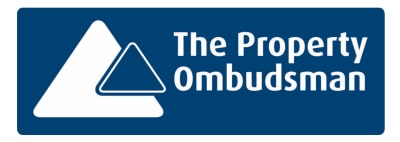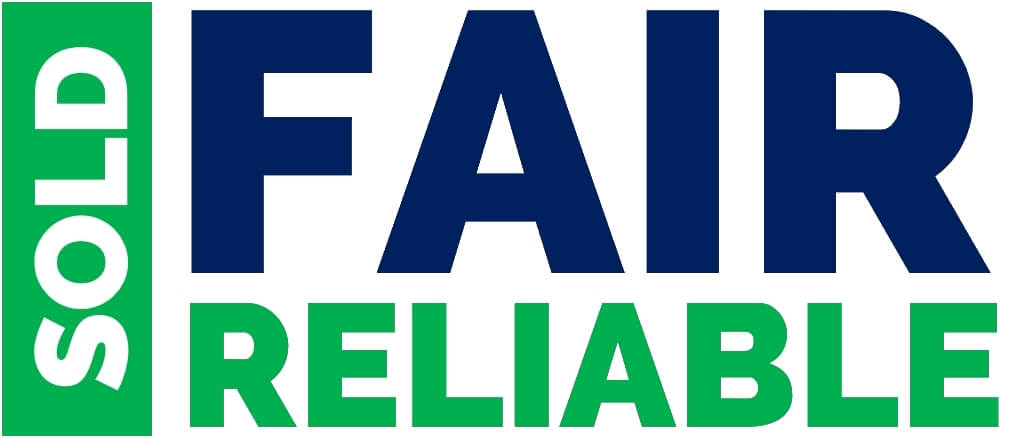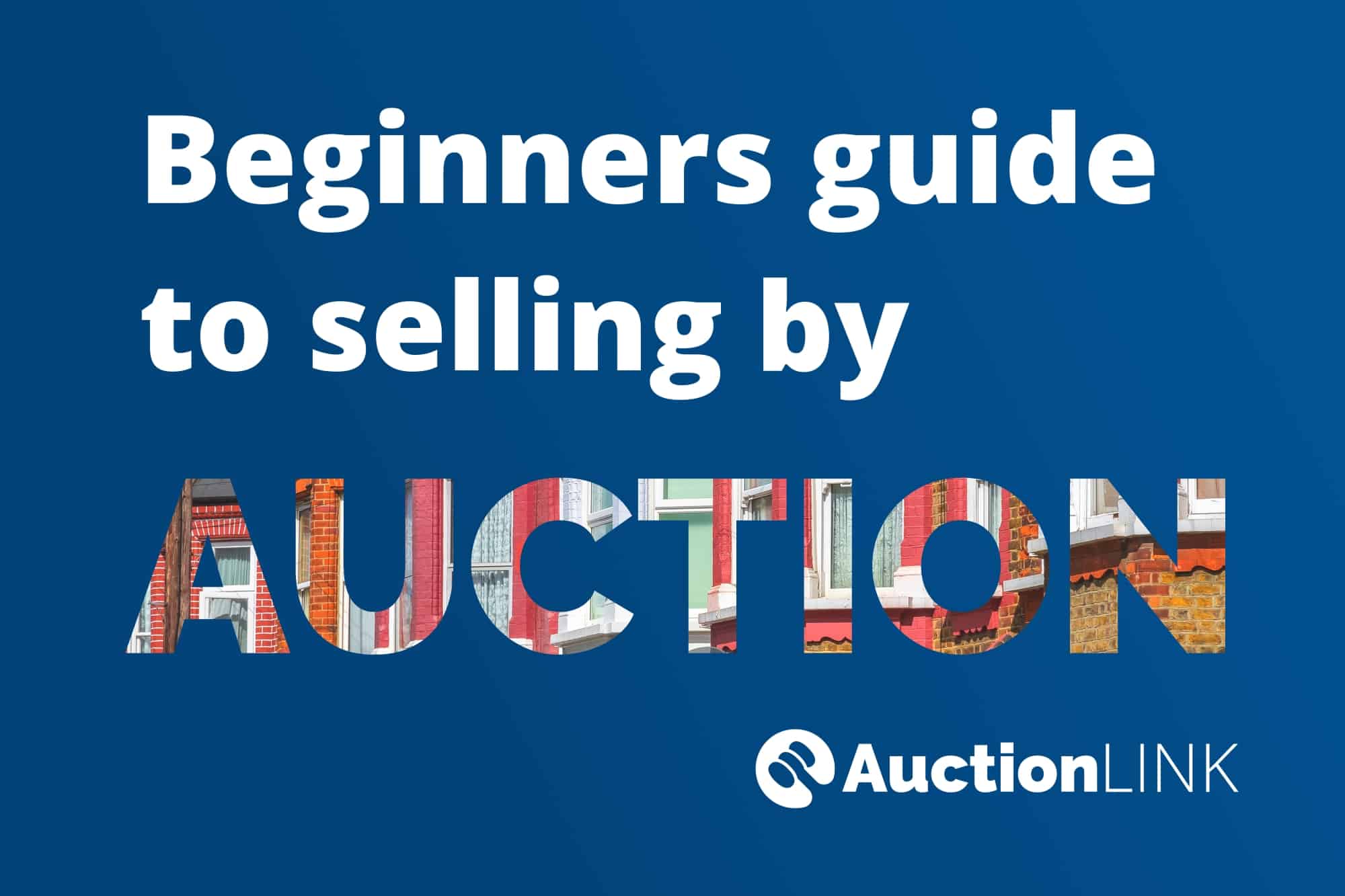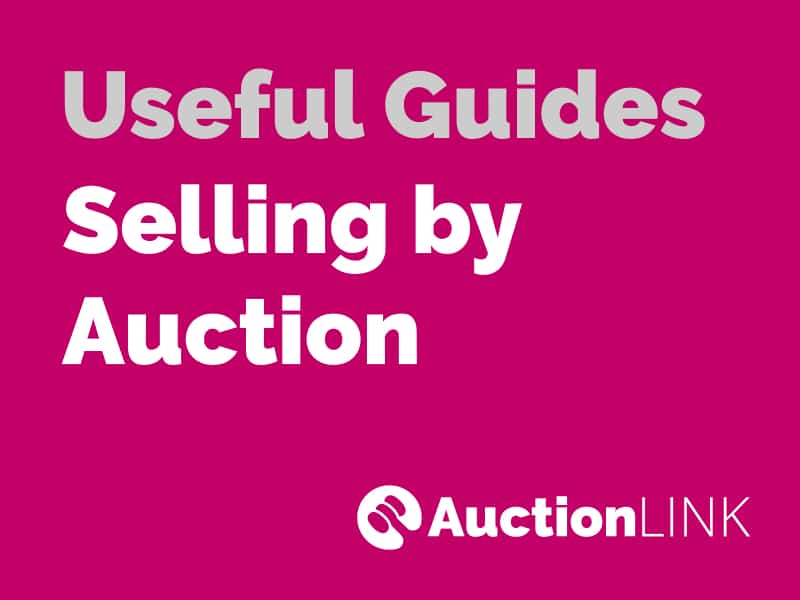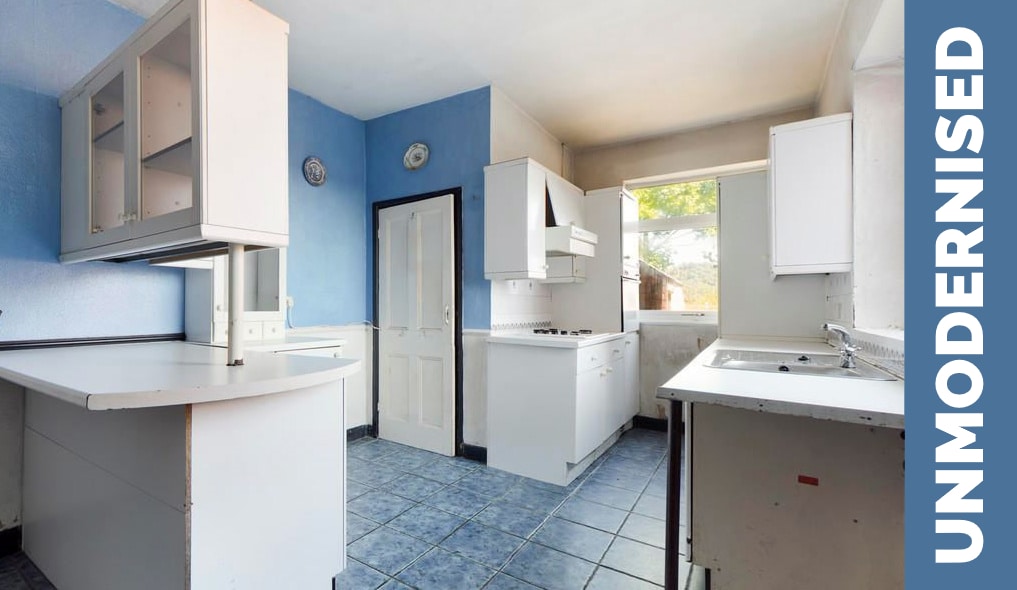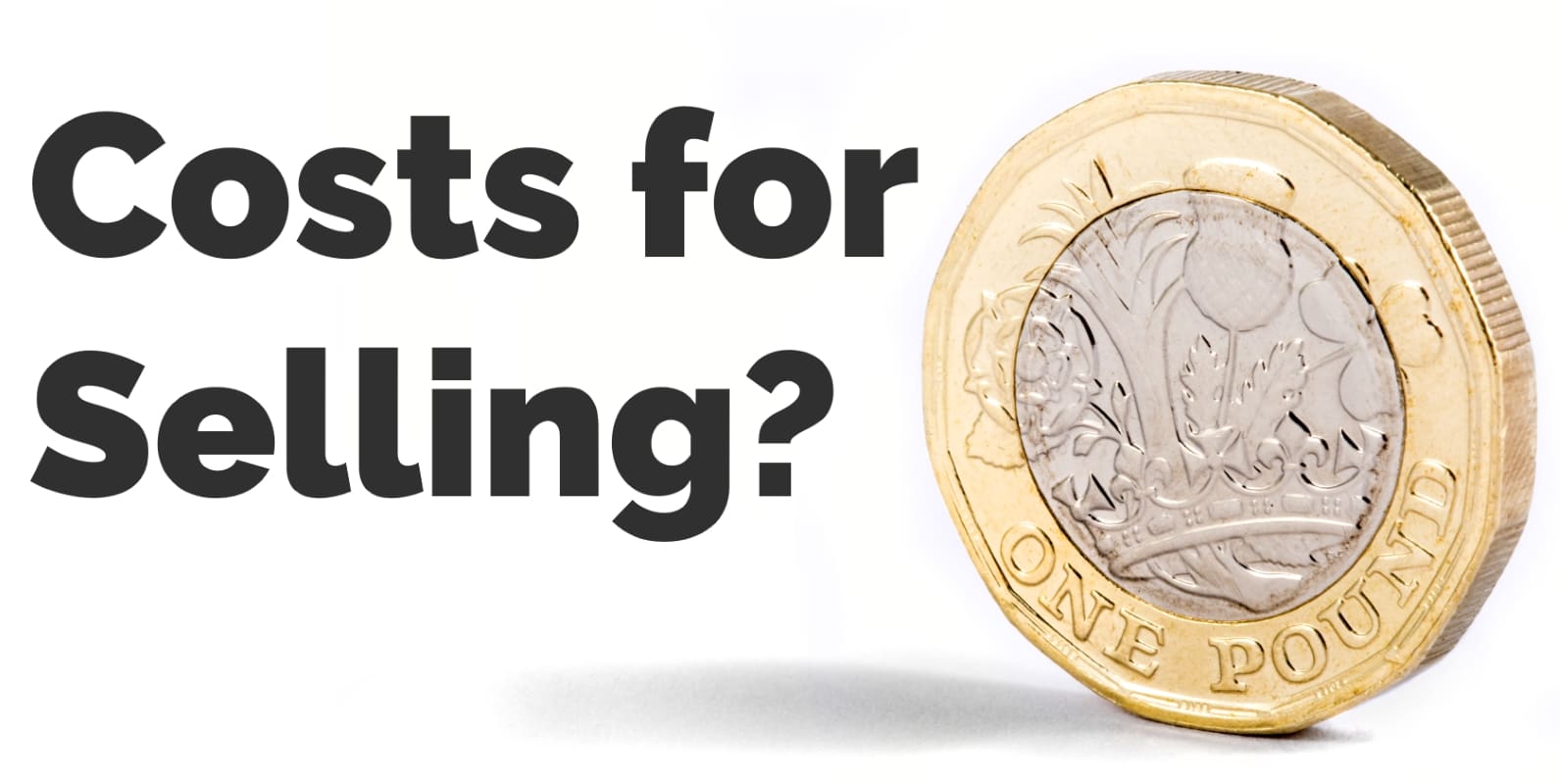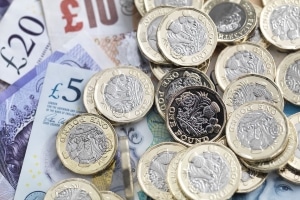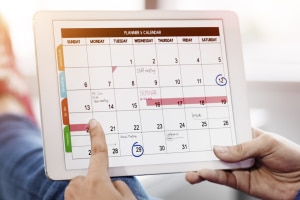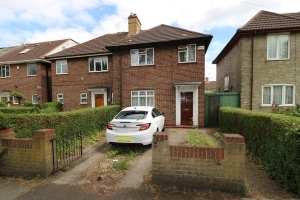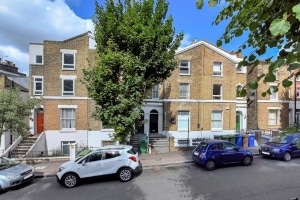What is an Auction Reserve Price?
- Cost effective
No upfront fee & sell for free options - Quick
Sell your home by auction in 28 days - Secure & reliable
Legally binding sale on auction day - Fair & transparent
Sold to the highest bidder
For your peace of mind we are a member of The Property Ombudsman


Selling by auction is quick and easy. Request a no-obligation auction sale estimate for your house or flat.
- Reliable
- Fast
- Secure
Interested to learn more about the simple and efficient process of selling your property by auction?
Talk to our team on 0800 862 0206
Home: Auction Link » Auction Reserve Price
Thinking of selling your property at auction? There’s one key number you’ll need to agree on first: the reserve price – the minimum amount you’re willing to accept. It’s kept strictly confidential, but it plays a big role in how your property is marketed, how much interest it generates, and ultimately, whether it sells. Buyers won’t see the reserve, but they will see a carefully calculated guide price based on it. So, how do these prices work together and how can you make them work for you? We’ll explore this in more detail below.
Last updated by Mark Grantham on 4th April 2025
The reserve price is the lowest amount a property can sell for at auction. It’s set by the auctioneer and agreed with the seller – and it must be realistic to secure a successful sale.
How is the reserve price calculated?
The reserve price is based on the property’s market value and is agreed between the auctioneer and the seller. Typically, the auctioneer will suggest a lower figure to help ensure a successful sale, while the seller may lean towards a higher amount to avoid selling for too little.
As a general rule, most auctioneers will only list a property if the reserve can be set at around 80- 90% of its market value – though this can vary depending on the auction type and the nature of the property. Some properties are better suited to auction than others, and this plays a role in pricing strategy.
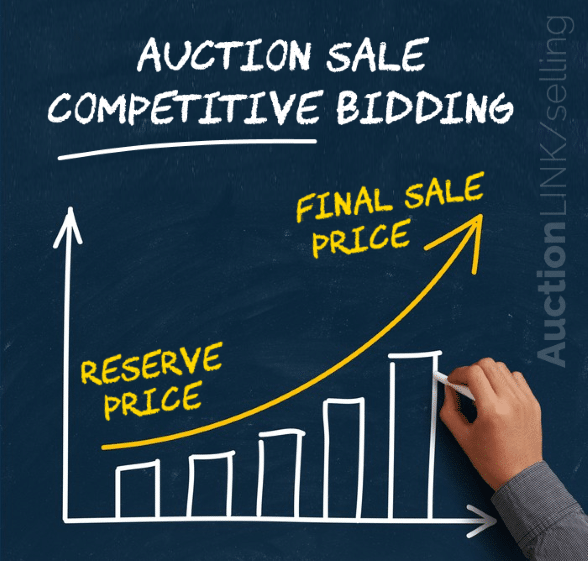
Key considerations for sellers when setting a reserve price
When agreeing on a reserve price, take time to reflect on the auctioneer’s recommendation, your goals for the sale, your timeline, and the potential impact if the property doesn’t sell.
- Your personal situation will typically be the main factor influencing your motivation to sell. If securing a sale is essential, it may be wise to set a lower reserve.
- Aim to strike a balance between the certainty of a sale and satisfaction with the final price. An unrealistic reserve that’s set too high could lead to the property not selling.
- While properties often exceed the reserve price at auction, if you need a specific amount to cover financial obligations, avoid relying on chance.
- For vacant properties, consider the ongoing costs – such as mortgage payments, council tax, and maintenance risks. In some cases, it might be better to accept a lower price to reduce long-term expenses.
- Don’t hesitate to negotiate with the auctioneer. You might be able to raise the reserve slightly -perhaps by one or two percent – to better align with your expectations.
Request a free auction estimate and helpful tips to selling at auction.
Can the seller set their own reserve price?
This is a question we’re often asked – and understandably so. Sellers will say, “It’s my property, so why can’t I decide the reserve price?” While that sentiment makes sense, it’s important to understand how differently auctions work compared to traditional estate agency sales.
In the world of estate agents, it’s not uncommon for properties to be listed with inflated asking prices – often because agents want to win the instruction. Sellers are flattered by a high valuation, but the asking price doesn’t carry much weight. It’s more of a marketing tactic than a true reflection of what the property will sell for, and properties often sit on the market for months, with price reductions along the way.
By contrast, auction sales are fast-paced and time-sensitive. Auctioneers need to create strong interest quickly, and that means pricing the property at a realistic level right from the start. A well-judged guide price and reserve price are crucial in attracting bidders and achieving a successful outcome on the day of the auction.
Yes, the seller is always welcome to suggest their preferred reserve price. But it’s important to recognise that an auctioneer won’t simply agree to a figure just to keep the seller happy. Unlike estate agents, auctioneers won’t overpromise or give inflated expectations – they’ll be honest and straightforward about what’s realistic in the current market. Their goal is to get the property sold, not just listed.
Setting a reserve that’s too high can be risky. A property that doesn’t sell at auction may lose momentum and become harder to market again. On the other hand, a realistic reserve gives the property the best chance of attracting multiple bidders, increasing competition, and potentially achieving a price well above expectations.
Ultimately, sellers and auctioneers need to work together. The seller brings insight into their own goals and circumstances, while the auctioneer brings professional experience and a clear understanding of market demand. That collaboration – built on trust and realism – is key to a successful sale.
Reserve price hesitation
Selling at auction isn’t the right path for everyone, and that’s completely understandable. But even sellers who are genuinely interested in the auction route sometimes hesitate when they hear the auctioneer’s suggested reserve price. It can feel unexpectedly low – especially when compared to estate agent valuations or the asking prices you’ve seen on similar properties.
It’s completely natural to approach the reserve price with a degree of caution. After all, it’s the minimum amount you’re prepared to accept. But it’s equally important to be realistic. Setting the reserve too high can seriously reduce your chances of attracting competitive bidding – or worse, result in the property not selling at all.
One common source of confusion comes from comparing the reserve price to estate agents’ valuations or advertised asking prices. It’s important to remember that estate agents often pitch high to secure your instruction. Their asking prices are rarely a firm indication of what a property will actually sell for. In fact, it’s not uncommon for the final sale price – after weeks or even months on the market – to end up well below the initial asking price.
Auctions, on the other hand, work on a different principle: transparency, speed, and competitive bidding. A realistically set reserve price is not about underselling your property – it’s about generating serious interest and encouraging multiple bidders to compete. This competition can often drive the price well above the reserve, sometimes exceeding expectations.
So while it’s completely fair to want to protect your bottom line, it’s also worth trusting the auctioneer’s experience. Their job isn’t just to sell the property – it’s to get it sold at the best achievable price, within a defined timeframe, and under clear terms. And that starts with a realistic reserve that reflects current market conditions, not just optimistic comparisons.
What type of auction service is best for you?
Request a free valuation and reserve price estimate for your property today. In some cases we may need a few more details about your property before providing a free and no-obligation auction sale estimate.
Understanding guide prices – and why they’re set low
Just like with any negotiation, it helps to have a clear starting point – and in property auctions, that’s where the guide price comes in. While the reserve price (the minimum the seller is willing to accept) remains confidential, the guide price is published to give buyers an indication of where bidding might begin.
Most auctioneers typically set the guide price at around 10% below the reserve. For example, if the reserve price is £250,000, the guide price might be set at £225,000. This isn’t an accident – it’s a strategy designed to spark interest and encourage competition.
Naturally, many sellers are initially taken aback when they see how low the guide price appears – especially when it’s published on the auctioneer’s website, featured in marketing brochures, local newspapers, and major property portals like Rightmove and Zoopla. A common concern is that prospective buyers will assume the guide price reflects the actual value of the property – or worse, think there’s something wrong with it.
This reaction is completely understandable. But if you look at it from a buyer’s perspective, the strategy starts to make sense.
A lower guide price grabs attention. It draws in more potential buyers, which increases enquiries, viewings, and downloads of the legal pack. The more people who engage with the property, the more likely it is that several serious buyers will be ready to bid come auction day. Most buyers will do their due diligence, recognise the property’s true market value, and factor that into their bidding.
In fact, experienced property investors and dealers often choose to set a low guide price when selling, because they know from experience that it drives stronger interest – and competition drives prices up.
So effective is this tactic that in 2014, the Advertising Standards Authority (ASA) introduced a rule to keep things fair: a guide price must now be within 10% of the reserve price. This ensures buyers aren’t misled, while still allowing room for a compelling entry point.
So, if you’re a seller and the guide price seems lower than expected, try not to panic. Remember: the goal isn’t to undersell your property – it’s to attract attention and generate competitive bidding. And in the auction room, it’s competition that gets results.
Next steps…
Why not request a free pre-auction appraisal for your property? It only takes a few seconds. Or feel free to call us on 0800 862 0206 if you have any questions.
ℹ Top tip
Need help deciding if auction is the right option for you?
Call us on 0800 862 0206.
Or request a call back for later.
Read about the difference between an auction reserve price and the guide price.
Need to find out more about auction? We’re happy to answer your auction questions. Talk to our team on 0800 862 0206.
